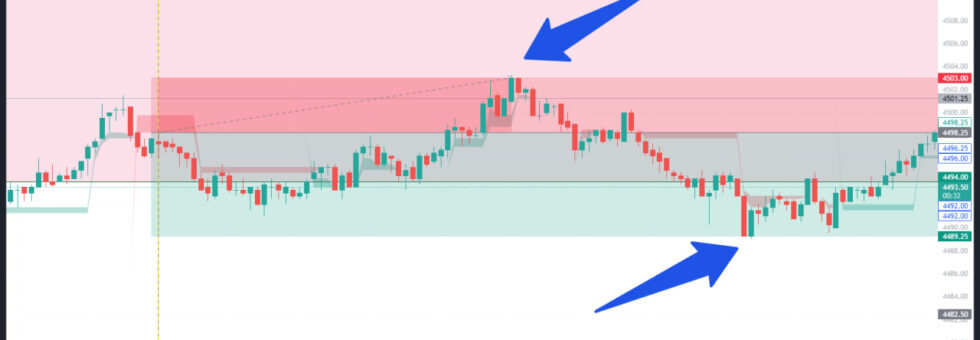Trading isn’t merely about numbers, strategies, and technical analysis. It’s deeply intertwined with the psychology of the trader. A recent experience of mine serves as a poignant example of this. I took a trade that, upon reflection, I shouldn’t have. I was lured into it, not by sound reasoning, but by an instinctual urge – a dangerous impulse in the trading world.
The setup for the trade was incomplete, and the timing was late. To make matters even more precarious, it was dangerously close to the end of the designated Kill Zone. For those unfamiliar with this term, a Kill Zone refers to specific time frames where trade opportunities are most likely to manifest based on historical data. As the trade played out, the stop loss (SL) was hit by just one tick. Under real-life conditions and considering a spread of one tick, the trade would have turned out to be a win. However, for the sake of clarity and learning, we count it as a loss, resulting in a -4.75 points on my record.
This situation highlights two crucial aspects of trading:
- The Importance of Rule Adherence: Every trader establishes a set of rules based on their strategy, experiences, and market understanding. These rules are not mere guidelines but essential pillars that ensure consistent success. Deviating from these, even once, can lead to unpredictable consequences.
- The Psychological Play: The trade could have been a win in real-life conditions. Yet, it’s essential to realize that the near-win doesn’t justify a poorly reasoned decision. Trading is as much about the mental game as it is about strategies.
To all the traders out there, remember: Discipline is key. While the markets will continue to be unpredictable, our reactions and decisions shouldn’t be. Always trust your strategy, adhere to your rules, and most importantly, continuously self-reflect and learn.

